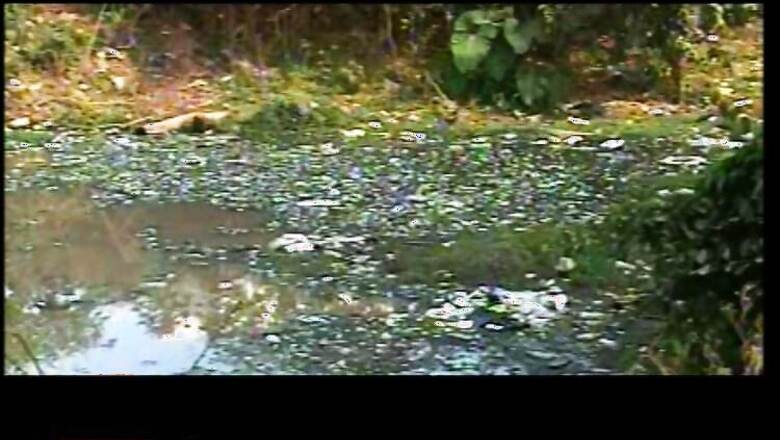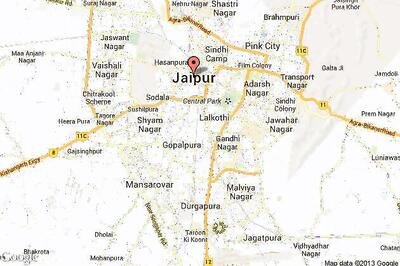
views
Bengaluru: The deadline for encroachers to respond to the Karnataka Legislature Committee on lake conservation is just 10 days away. And even as the committee’s findings brought to light sordid examples of encroachers squatting on 11,000 acres of lake beds, an independent study by the Indian Institute of Science on contamination of lakes paints a grimmer picture. The report confirmed that according to the study 90 per cent of the lakes surveyed have been polluted – filled with muck.
The Shivapura lake near one of the country's largest industrial areas at Peenya in west Bengaluru, garbage and debris are being dumped without a care for a lake that leads on to reservoirs which supply water to IT city. A survey by a team at the IISc said only 10 per cent of the 105 lakes it surveyed are unpolluted.
IISc Professor TV Ramachandra said, "Over 90% of lakes are fed with sewage and industrial effluents. This shows that we have polluted the surrounding and even we as a citizen are encroaching the lakes. The dumping of solid waste, the sewage smell are major factors because of which we stop using the lakes."
Bengaluru's lakes are an inter-connected network. There are canals connecting lakes across the three major valleys and these canals have suffered from direct contamination with untreated sewage that's sent to them from adjoining buildings.
The canals and storm water drains that are supposed to carry rain water, end up carrying muck to the lakes that eventually show their wrath in the froth. Toxic chemicals have left many lakes foaming over the past year.
The government said it has a two-year plan to treat this water with biotech methods, but that’s unfeasible if sewage dumping continues.
Bengaluru Development Minister KJ George said, "In the long term we have planned to construct a drain around Bellandur and sewage should not enter the lake. Bangalore water board is making a proposal and we will do it as early as possible."
Environmentalists opined that one way to revive the eco-system would be to line the canals with trees and bushes besides, the city's planners have been should never have allowed industries in valleys.
Leo Saldanha, a lake campaigner said, "It's a colossal waste to build into the valley systems. We have three major valleys, we have built into them. If we don't die because of lack of water, we will certainly die because of contaminated water."
The government, meanwhile, said it has a Rs 1000 crore plan to reuse water from Bengaluru lakes – once it's cleaned up – to feed tanks in rural Bengaluru. But that grand plan might not be accepted so easily by villages around.

















Comments
0 comment